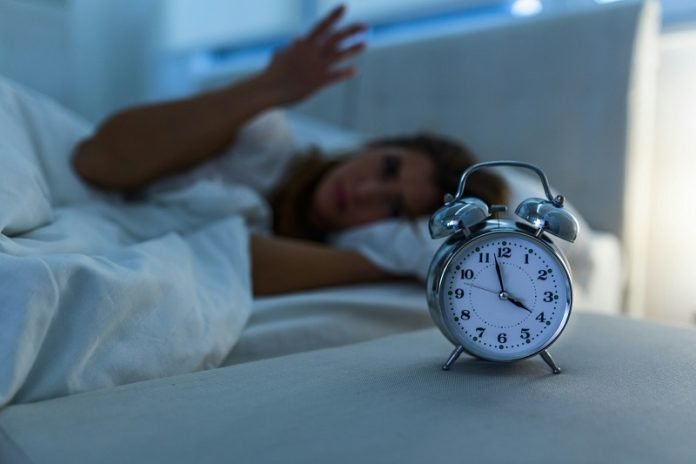
Many people believe that having a drink before bed can help them sleep better.
However, a team of sleep experts and neuroscientists from the E.P. Bradley Hospital Sleep Research Laboratory and elsewhere, have discovered that this isn’t the case.
In their study, published in the journal Sleep, they found that drinking alcohol before sleep actually reduces the quality of sleep, particularly REM sleep, which is a crucial part of our sleep cycle.
REM sleep, which stands for Rapid Eye Movement sleep, is a phase of sleep that makes up about 20% of our night’s rest. Although scientists are still trying to understand exactly why we need REM sleep, they do know it’s important.
People who don’t get enough REM sleep often face problems like emotional instability, trouble thinking clearly, and memory issues.
In their study, the researchers wanted to see if having alcohol before bedtime was good or bad for sleep quality, especially for REM sleep.
They invited 30 adults to a sleep lab for two separate three-day stays. During these stays, the volunteers’ brain activity was monitored while they slept.
The team tested the effects of a nightcap by giving the participants a non-alcoholic drink on one visit and the same drink with alcohol on the other. The drinks were served an hour before bedtime.
What they found was surprising. Drinking just one alcoholic beverage increased slow-wave sleep (a deep sleep phase) but decreased REM sleep.
Although the volunteers fell asleep faster after having alcohol, the overall quality of their sleep wasn’t as good because they spent less time in REM sleep.
Interestingly, the researchers also noticed that drinking alcohol on multiple nights didn’t change its effect on REM sleep. The body didn’t adjust or get used to the alcohol; the reduction in REM sleep remained consistent.
From their findings, the research team concluded that even a small amount of alcohol before bedtime can negatively affect sleep quality.
This goes against the common belief that a drink before bed can be a sleep aid. Instead, it suggests that to get better, more restorative sleep, it might be best to skip the nightcap.
This study is an eye-opener for many, as it challenges a long-standing habit and belief. It highlights the importance of understanding how our choices, like having a drink before bed, can have unexpected effects on our sleep and overall health.
So, next time you’re considering a nightcap to wind down, it might be worth remembering that the key to a good night’s sleep could lie in leaving the drink aside.
If you care about sleep, please read studies about herb that could help you sleep well at night, and these drugs could lower severity of sleep apnea by one third.
For more information about sleep, please see recent studies that coffee boosts your physical activity, cuts sleep, affects heartbeat, and results showing how to deal with “COVID-somnia” and sleep well at night.
The research findings can be found in SLEEP.
Copyright © 2024 Knowridge Science Report. All rights reserved.



